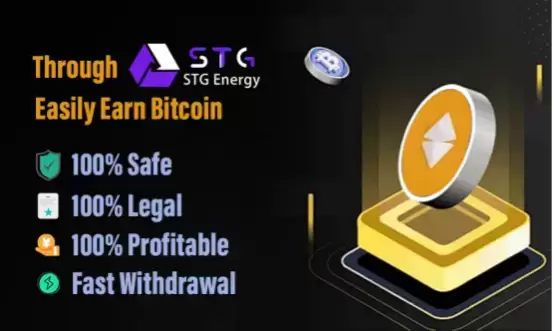Galaxy Digital, a major player in crypto investment, has reached a $200 million settlement with the New York State Attorney General over accusations of supporting the troubled LUNA token.

Galaxy Digital, a prominent crypto investment firm, has settled a lawsuit filed by New York State Attorney General Letitia James over allegations linked to the troubled LUNA token. The case, which began in 2020, culminated in a $200 million settlement, announced on Thursday.
At the heart of the lawsuit was the claim that Galaxy Digital, under the leadership of its founder Michael Novogratz, aided in promoting and purchasing LUNA tokens at a substantial discount. This, according to James, was part of an effort to generate interest in the token among Western investors.
As part of the agreement to liquidate its remaining LUNA tokens and cooperate with the investigation, Galaxy Digital has paid $200 million to settle the case. The lawsuit, filed in December 2020, focused on claims that Galaxy Digital benefitted from an agreement with Terraform Labs to buy 18.5 million LUNA tokens at $0.22 each, an amount below the market price at the time.
These tokens were part of a private placement round, the details of which were not disclosed to the public. According to James, Novogratz’s firm used its efforts to generate interest in the token, which ultimately led to a surge in the LUNA token’s visibility and trading volume.
This included Novogratz’s well-known promise to get a tattoo if LUNA reached $100, a milestone that was achieved in December 2021. Despite this public endorsement, Galaxy sold millions of tokens without any announcements, reaping substantial profits as the token’s price appreciated.
By the time the Terra ecosystem collapsed in May 2022, Galaxy Digital had largely liquidated its LUNA holdings, and Novogratz’s public enthusiasm for the asset had diminished. Meanwhile, Terraform Labs founder Do Kwon, closely associated with the project, was arrested in Montenegro in July while attempting to flee to Dubai.
Kwon is now facing multiple fraud charges in the U.S., with extradition proceedings pending and a trial set for 2026. The case began after South Korean authorities launched an investigation in 2022 following the collapse of LUNA and UST, a stablecoin also developed by Terraform Labs.
The case signals heightened scrutiny on crypto firms that played roles in the rapid rise and subsequent fall of prominent digital assets. As regulatory pressure on the industry increases, this case highlights the potential legal and financial repercussions major crypto investment firms could face if their strategies involve promoting risky and volatile assets.











































































